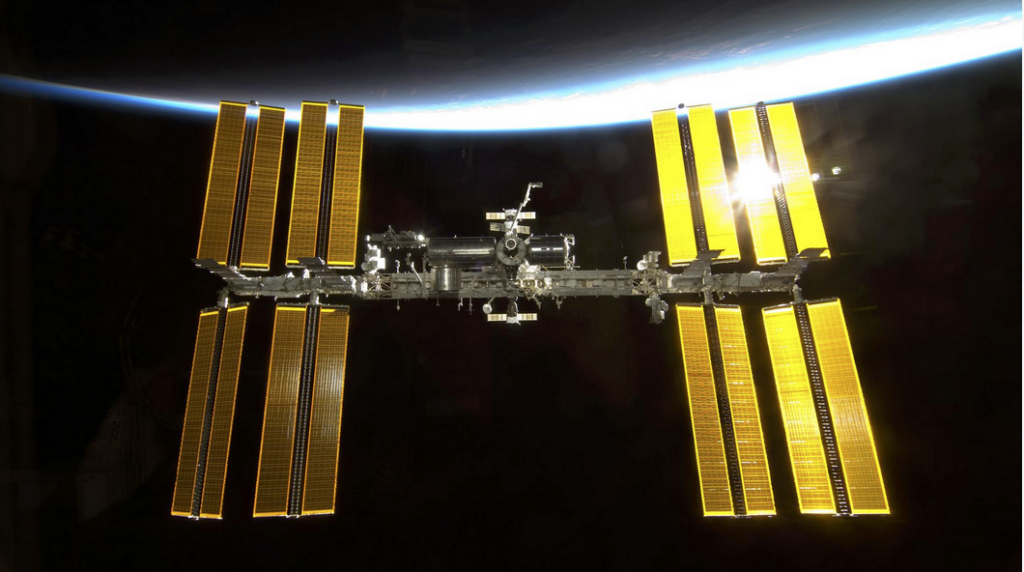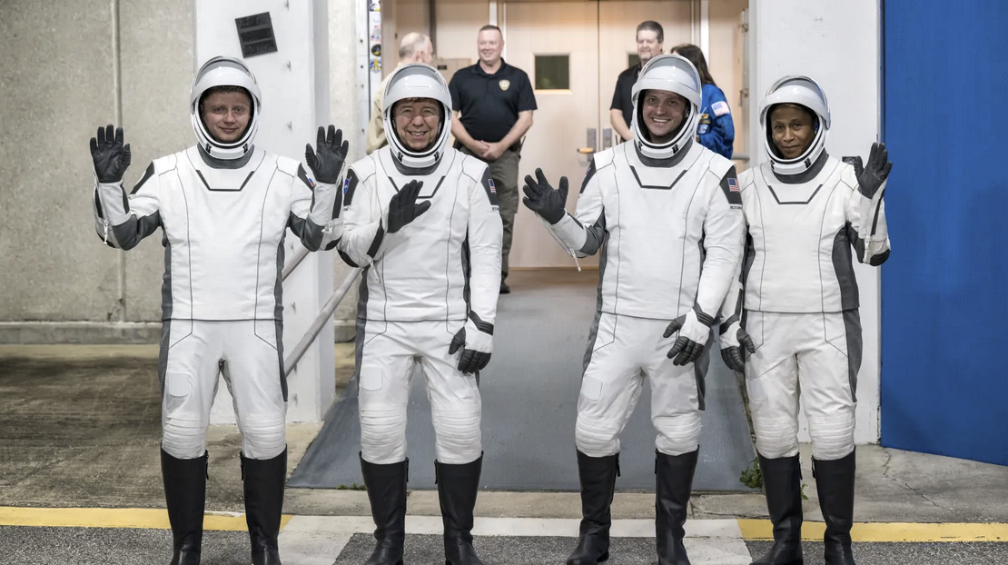
Four new crew members will work on dozens of scientific investigations during their stay on the International Space Station (ISS) as part of the next six-month science expedition in LEO The investigations, many of which are sponsored by the ISS National Laboratory®, aim to increase our understanding of fundamental and applied sciences, as well as advance technology to benefit humanity back on Earth.

NASA astronauts Matthew Dominick (commander), Michael Barratt (pilot), and Jeanette Epps (mission specialist) along with Roscosmos cosmonaut Alexander Grebenkin (mission specialist) will work on projects spanning a variety of disciplines, including in-space production applications, life and physical sciences, and technology development as part of SpaceX’s eighth rotational crew mission (Crew-8) contracted by NASA.
Here are a few of the ISS National Lab-sponsored research investigations the Crew-8 astronauts will conduct during their mission:
- A continuing investigation from Emory University will examine microgravity’s effects on the growth and function of heart muscle cells as they mature into tissue-like structures. Findings will help advance cardiac disease modeling and could lead to the development of new therapies to treat heart disease in patients on Earth.
- Pharmaceutical company Eli Lilly & Company and Butler University will partner with Redwire Corporation on two investigations leveraging Redwire’s Pharmaceutical In-space Laboratory (PIL-BOX), a platform that aims to crystallize organic molecules in microgravity. Results from this could lead to improved therapeutics to treat an array of conditions.
- A project from the National Stem Cell Foundation (NSCF) will continue to study the mechanisms behind neuroinflammation, a common feature of neurodegenerative diseases. Researchers created 3D brain models derived from induced pluripotent stem cells (iPSCs) of patients with Alzheimer’s and Parkinson’s diseases as well as primary progressive multiple sclerosis (PPMS) to carry out this study.
- Multiple projects aim to test a variety of technologies in space, including an updated version of the HPE Spaceborne Computer-2, a commercial off-the-shelf supercomputer from Hewlett Packard Enterprise (HPE) based on HPE ProLiant and Edgeline servers. Another project from space robotics company GITAI will test a pair of robotic arms on the exterior of the space station to evaluate how well they function in the space environment.
- Boeing partnered with NASA and the ISS National Lab, launching an investigation testing protocols for future Genes in Space™ student-led investigations. The project aims to expand the capabilities of the Genes in Space toolkit and complete an end-to-end microbial characterization of the water recovery system on the space station.
The Crew-8 mission, which is part of NASA’s Commercial Crew Program, lifted off on a SpaceX Falcon 9 rocket from Launch Complex 39A at Kennedy Space Center in Florida on March 3, 2024, at 10:53 p.m. EST.

(Image Credits: NASA/Aubrey Gemignani)
